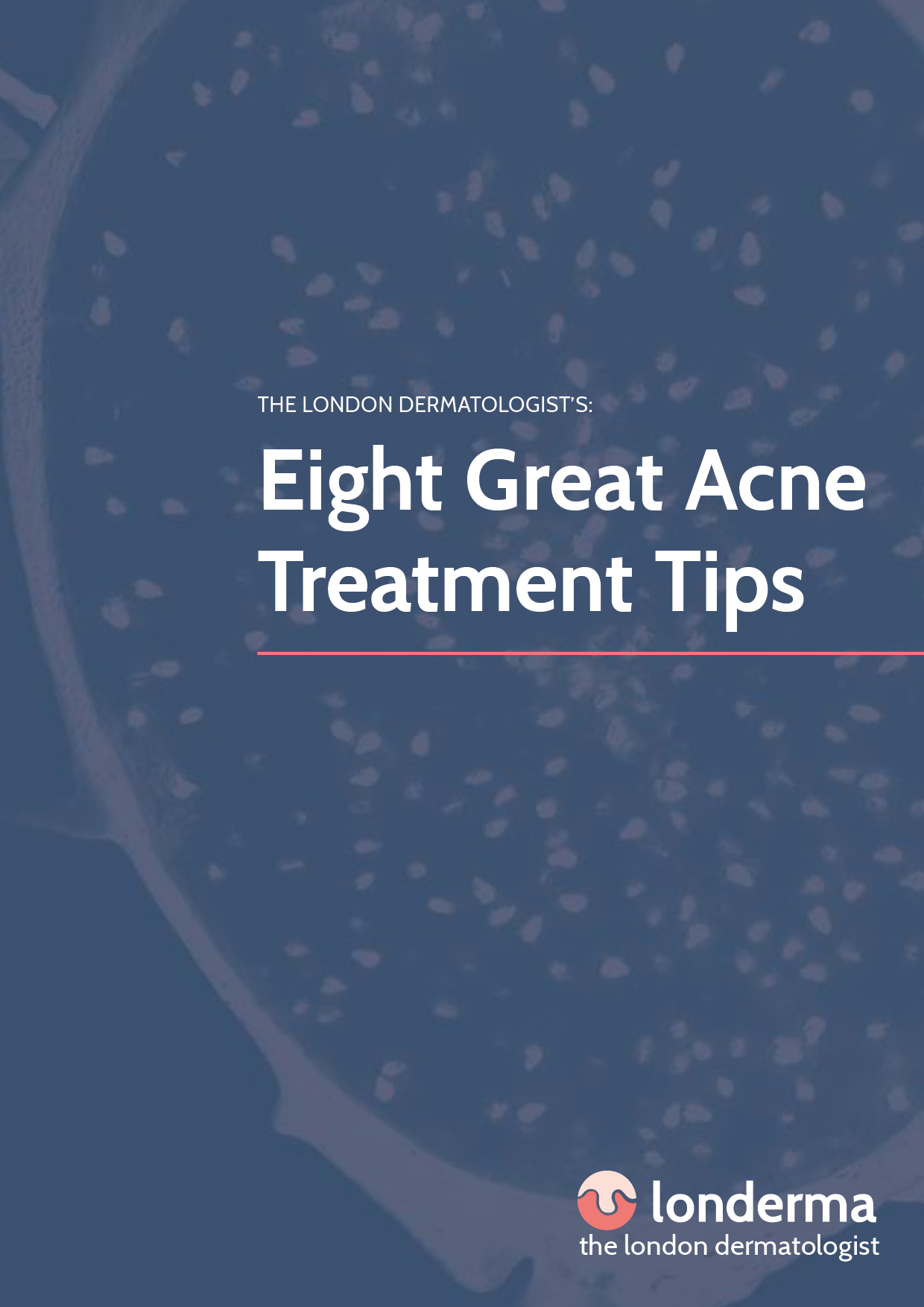Video consultations now available

Well this is wrong. Unfortunately acne often continues into adult life, especially in women. Whilst most young men with acne find that is clears up in their twenties, in women it often goes in to the thirties and beyond. In fact one in twenty women aged forty still has acne.
Adult females with acne typically develop more deep-seated spots, often in the lower-third of the face and the jawline. Most women with acne experience a worsening in the week before the menstrual period, as hormone levels in the body rise. We know hormones are important in acne, particularly testosterone. Testosterone drives the oil-producing sebaceous gland in the skin, which is central to the development of acne spots. What is more, testosterone is converted into an even stronger hormone called DHT by the sebaceous gland itself. Whilst testeosterone is the ‘male-hormone’ women have testosterone too but about half the level of men. Most women with acne have completely normal levels of testosterone, and we think that the problem may be with oversensitivity to the oil gland to the hormone itself.
Importantly in a woman with acne we can use hormones or hormone modulating treatments to improve acne. The treatments either boost levels of female hormones such as oestrogens or inhibit the effect of the male hormones such as testosterone. The combined oral contraceptive can be helpful for this reason. These medications contain ethinyl estradiol, which inhibits the sebaceous gland and increases the level of proteins in the blood that soak up testosterone in the blood stream. Many of the combined contraceptives are helpful, and some can be particularly effective at inhibiting the testosterone-effect, but need to be selected and used with caution as they call a slightly higher risk of blood clots in the legs – a very rare but important possible side effect of combined hormonal contraceptives.
Progesterone only contraceptives, particularly the depot injection or contraceptive implants should generally be avoided in women prone to acne – they can make it much worse. Spironolactone is a diuretic tablet (meaning increases urine production), but can be very useful in women with acne when used under expert supervision. This is because it reduces the effect of testosterone on the oil gland It can either be used every day, or sometimes in the week before the period to reduce the pre-menstrual period flare of acne.
Occasionally acne in adult women may be a sign of an underlying hormone problem, most commonly polycystic ovarian syndrome (or PCOS). A big clue to there being a hormonal problem is very light, irregular or absent periods. In this case it is important to have blood tests to check hormone levels.
Non-hormonal treatments can be very helpful in controlling acne in women. These include creams such as retinoids, azelaic acid, benzoyl peroxide, oral antibiotics or oral isotretinoin. If you are struggling with acne, a dermatologist will be able to help you.
 eBook Download: Eight Great Acne Treatment Tips
eBook Download: Eight Great Acne Treatment Tips